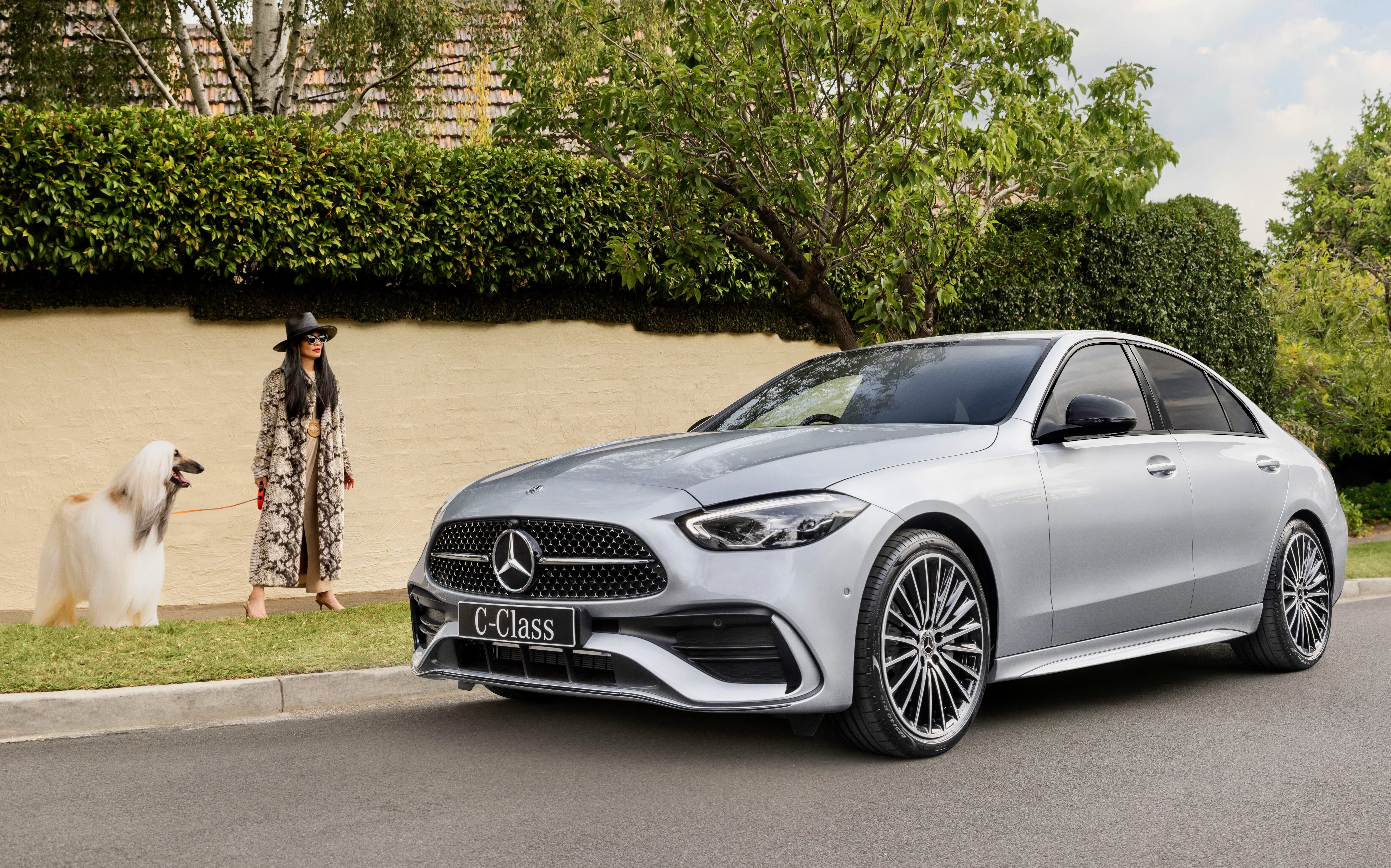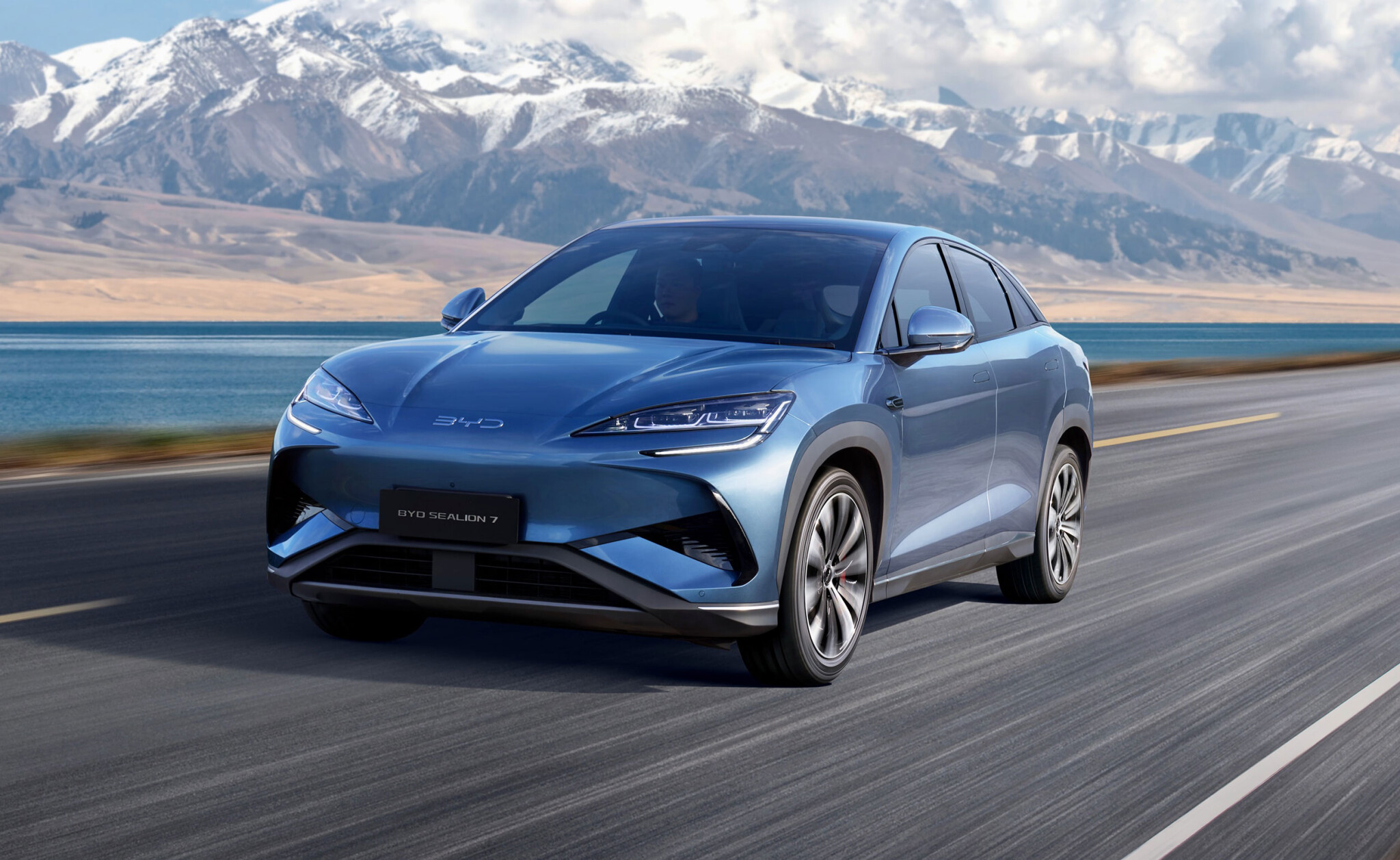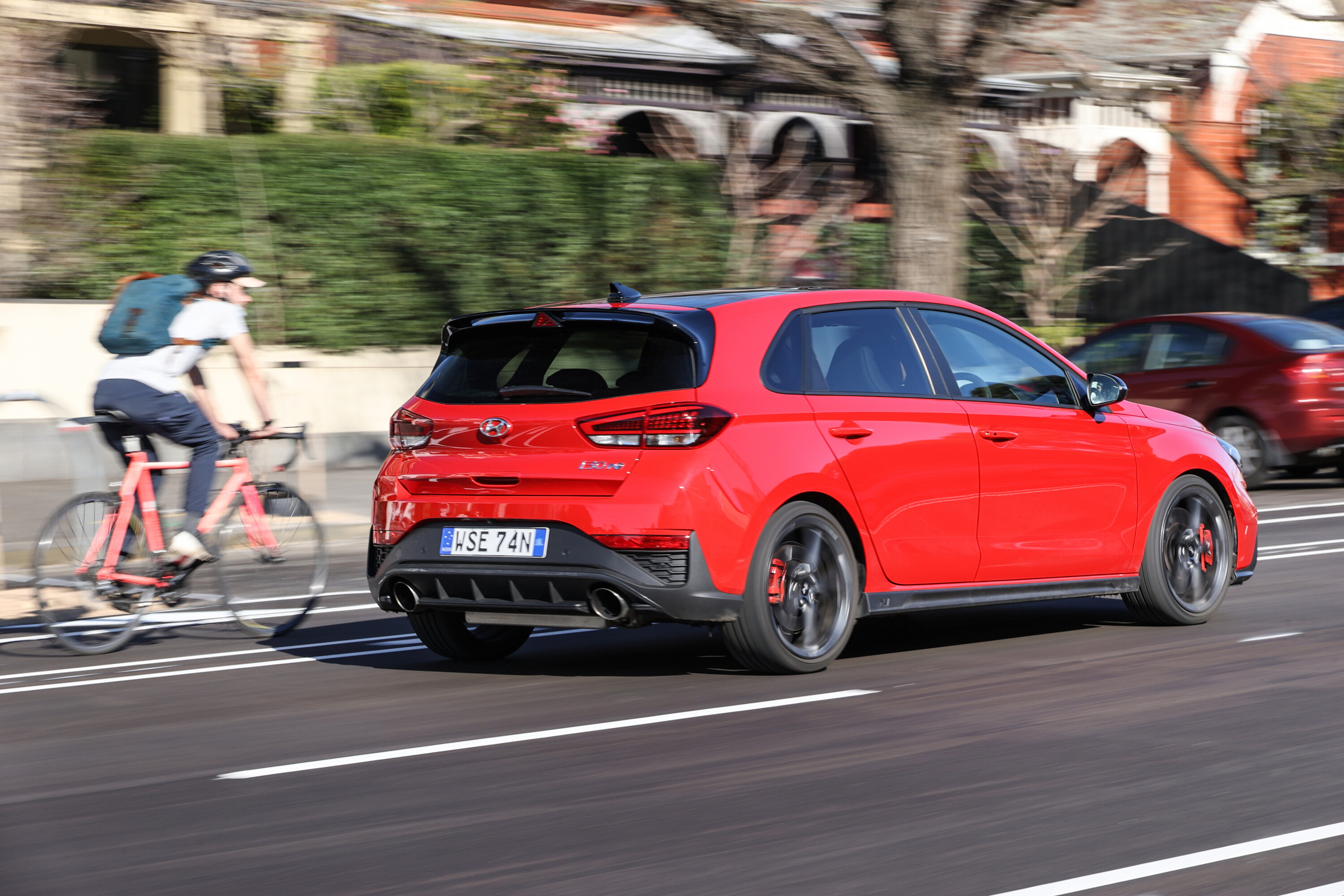
Snapshot
- EU to focus on EVs by relaxing Euro 7 emissions standards
- Follows calls from carmakers and countries
- Final rules to-be-determined ahead of mid-2025 start
European Union ministers have agreed to weaken upcoming Euro 7 emissions standards to avoid carmakers diverting from electric vehicle development.
Reuters [↗] reports eight member countries – including France, Italy and the Czech Republic – were concerned that the proposed stricter emissions limits would force automakers to invest in lowering the tailpipe pollutants of traditional petrol and diesel combustion engine vehicles, rather than focusing on developing all-electric vehicles.
The Council, European Parliament and the European Commission now need to negotiate and finalise Euro 7 rules, before it is enforced from July 1, 2025, for all new mass-produced cars and mid-2027 for heavy vehicles.
Previously, Euro 7 was to take the lowest nitrogen oxide NOx limits from Euro 6 and apply it to all vehicles regardless of fuel type. For example, diesel cars must emit no more than 60 milligrams of NOx – a 20mg/km cut.
The mandate also covered tyre and brake emission limits, assessing lifetime emissions, and assessing EV battery longevity for the first time.
The move will be good news for many automakers, including Stellantis which has publicly denounced Euro 7 as an ironic distraction from developing EVs.
Volkswagen and Skoda have also warned its most affordable small cars, including the Polo, Fabia and Scala, could be discontinued without revisions to the Euro 7 proposal, while Hyundai has said future combustion-engined high-performance N models are unlikely.
It follows the United Kingdom, which is no longer an EU member, announcing last week it would delay the sales ban of new internal combustion engine (ICE) vehicles by five years to 2035.
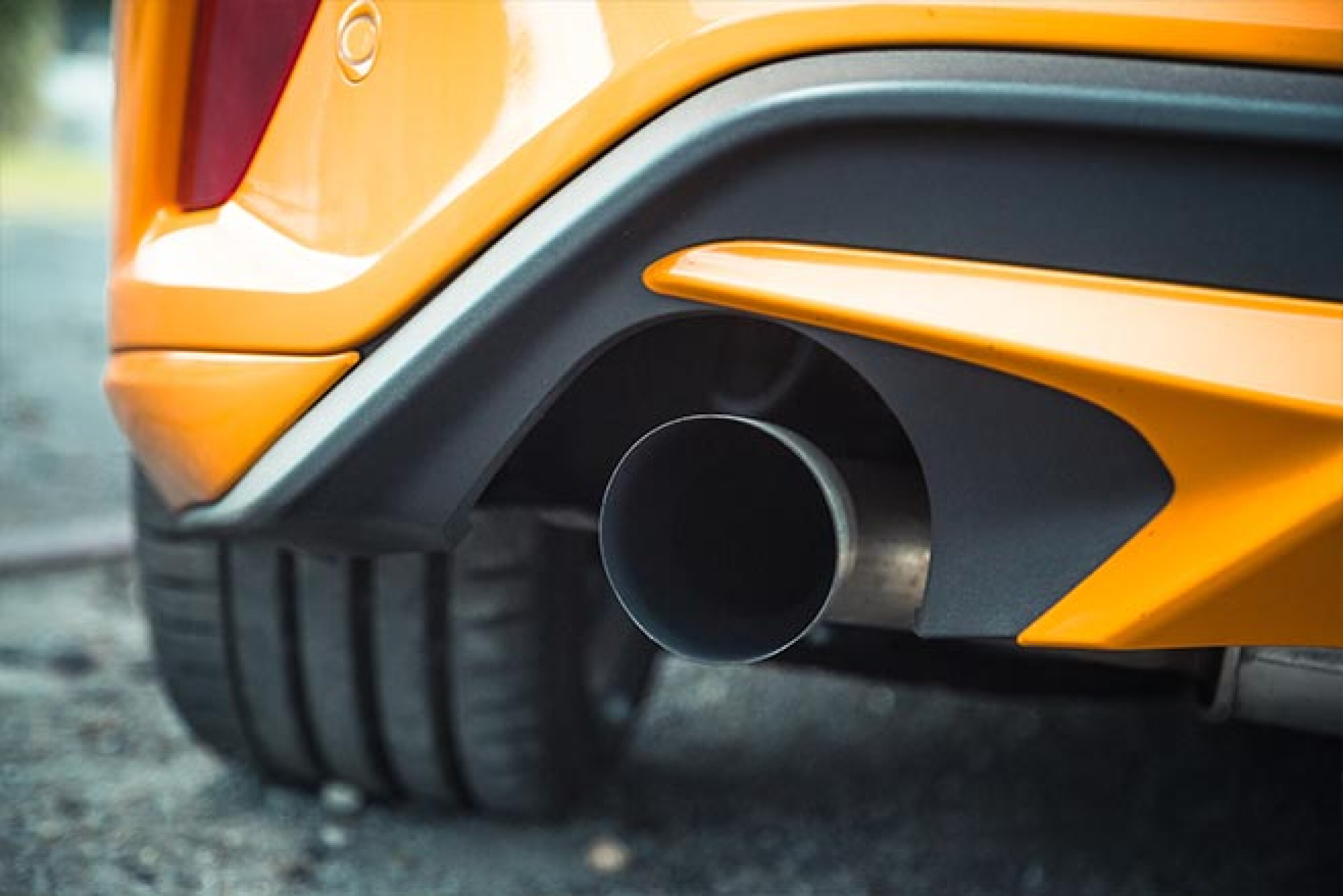
Does this impact Australia?
Despite Euro 7 only applying to all new cars sold in Europe, there are global flow-on effects.
Locally, the Australian Government has only mandated the more lax Euro 5 standard, which dates back to 2009.
However, it plans to introduce higher quality fuel standards by next year in line with Europe – in addition to incoming fuel efficiency standards – which could mean more modern Euro 7-complaint engines are sold in Australia.
We recommend
-
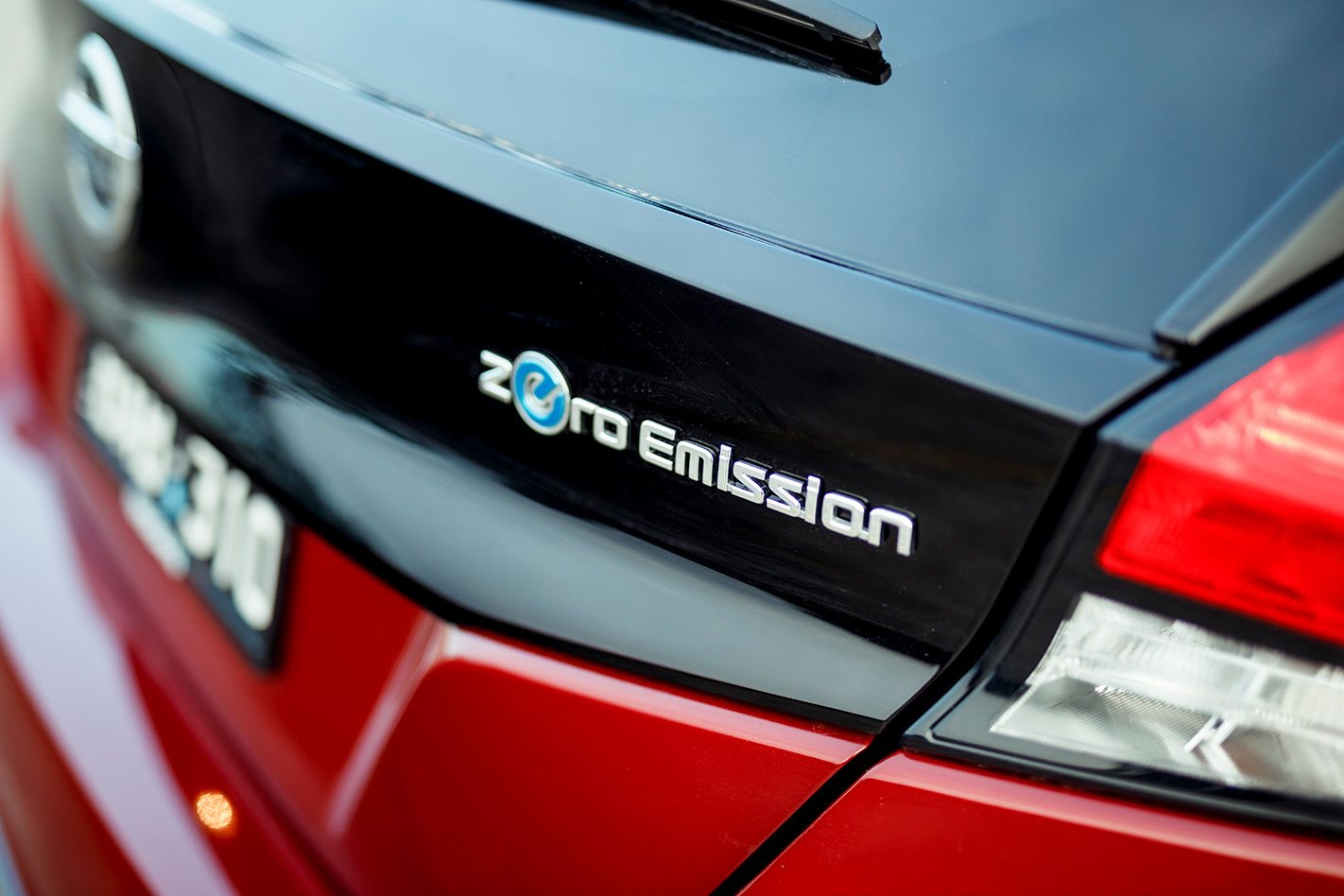 News
NewsWhat does Euro 7 mean for petrol and diesel cars?
With Hyundai putting a cloud over the future of petrol-only high performance N models primarily due to Euro 7, we explain what it means for the car industry
-
 News
NewsStellantis boss says Euro 7 emissions regulations are ‘useless’
The car conglomerate’s boss has labelled upcoming strict emissions standards as an ironic distraction from full EVs
-
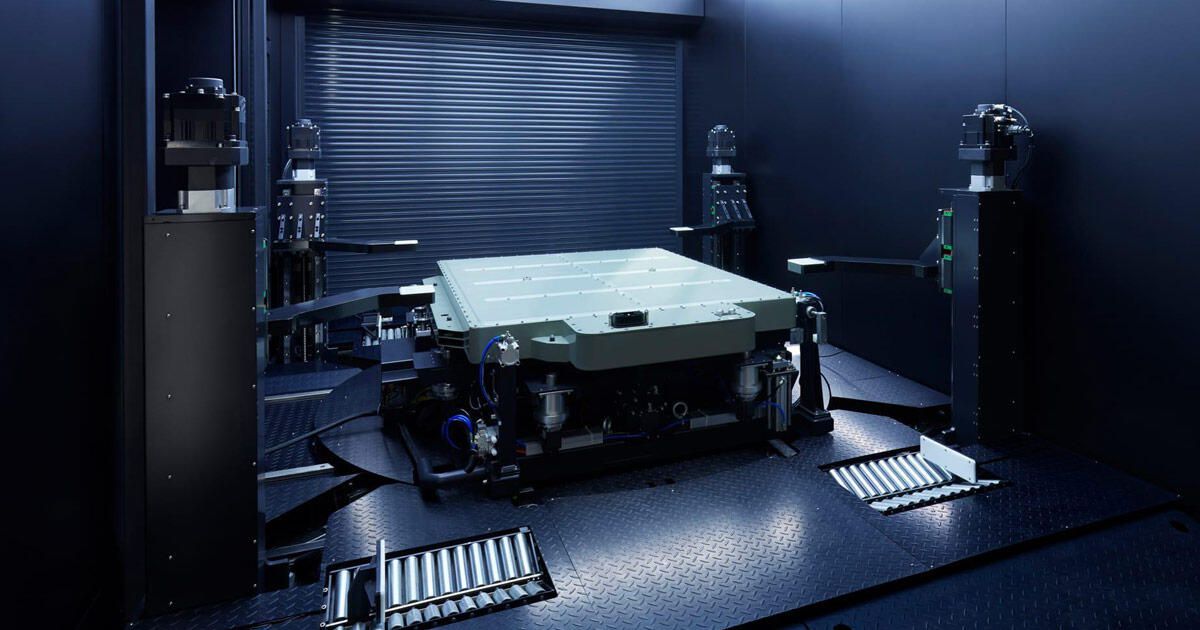 News
NewsEU to mandate sustainable EV batteries
The European Commission aims to improve battery sustainability across its lifecycle from production to repurposing


